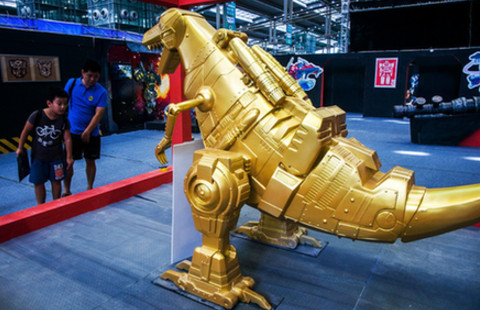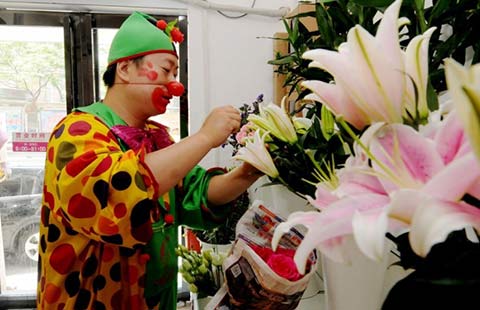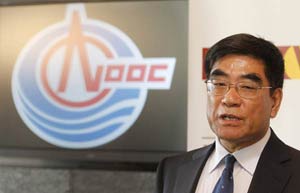Step toward good governance
By Zhu Yuan (China Daily) Updated: 2014-07-19 06:47Reform of government vehicle use will go a long way in changing officials' mentality and building a clean and honest administration
The reform of government vehicle usage should usher in more changes for clean and honest governance.
It is important to reform the vehicle-use mechanism in order to prevent waste of public money. The estimated nationwide expenditure on government vehicles is about 300 billion yuan ($48.37 billion) a year, and the operational reform plan announced early this week is expected to save half of that amount if implemented in letter and spirit.
The vehicle use reform was first proposed two decades ago, but vested interests have thwarted all attempts to carry it out, showing how strong the resistance from those who benefit from waste of public money is. It is not easy for the country's top leadership to set a timetable for such a reform, especially because it has to be carried out at all levels of governments.
But the intensified crackdown on corruption and the conviction of or investigations against dozens of officials at or above the ministerial level have paved the way for the implementation of the reform.
With specific details about how much money an official at a particular level should get as transport allowance, without getting to use an official car, the reform is aimed at preventing the majority of officials from enjoying privileges they are not entitled to. If the reform is strictly implemented, its significance will extend far beyond just saving money and scrapping officials' extra privileges.
Despite the slogan "serve the people" being on the lips of almost all officials at all levels at all times, some just do not really consider themselves public servants, whose real job is to meet people's needs without bothering about their powers and privileges. This is not to say that officials want to enjoy all the extra privileges or chart a plan to climb up the hierarchy ladder right from the first day of their job.
But the closer an official gets to the position he/she has been longing for, the more he/she will covet the associated privileges such as getting a personal secretary, an official car and enjoying the other trappings that their posts entail.
Of all the privileges, a car and a driver designated for an official's personal use is a symbol of high rank and authority. The two privileges differentiate an official from the large number of others who would never be able to enjoy them despite spending their entire lives working for the government.
During dynastic rule in China, top officials enjoyed the privilege of being carried in sedan chairs, which also differentiated them from other officials. The more lavish the sedan chair and the higher the number of chair bearers, the higher the official's ranking. To a certain extent, the current stipulation on how luxurious a car an official of a certain level is entitled to is a legacy of dynastic rule.
The number of corrupt officials detained or convicted and the rampant practice of "selling ranks" in exchange for bribes that central inspection teams have exposed show that one cannot expect officials to be clean and honest simply by indulging in self-reflection.
As President Xi Jinping said, power should be put in a cage of rules - which is exactly what the institutional mechanism is. The mechanism can also help officials realize their position in society and prompt them to perform their true duty, that is, to serve the people. The strict rules and tight supervision should compel them to do their job without getting any chance of abusing their powers to seek personal gains.
Reforming the government's vehicle-use mechanism is one, but very important, part of the fight against corruption and the overall reform of the bureaucracy. Hopefully, the vehicle-use reform will succeed in drilling the real sense of duty into the minds of government officials.
The success of the reform depends on how well it is implemented and whether the loopholes used by officials to get extra benefits are plugged by strict rules and tight supervision.
True, it is an uphill battle. But if the reform succeeds, it will lead to greater reforms in other areas.
More importantly, the success of the reform will force government officials to change their mentality that they belong to a privileged group which is meant to enjoy the comforts of life even without performing its duty, and compel them to truly serve the people.
The author is a senior writer with China Daily.
 |
 |
| Qoros plans campaign to market new model | Mercedes shows off new 'smarts'2 |
- Step toward good governance
- Monkey King journeys to the West
- Qoros plans campaign to market new model
- Ease in housing prices spreads across nation
- First-half growth decelerates in Beijing, Shanghai
- Fears mount over Microsoft job losses
- Yellow metal set to glitter again
- Local govts to get transparency lessons
















